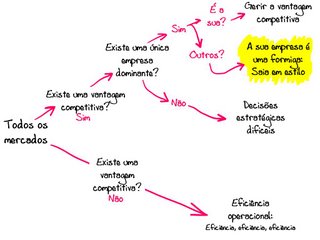Há cerca de 15 anos apoiava uma empresa na implementação do seu sistema de garantia da qualidade. Era uma empresa de produção de vestuário com marca própria, na gama média-alta, para o mercado nacional e, com produção sob o regime de private-label para exportação.
.
Certa vez, ao ajudar na preparação dos elementos de entrada de uma das suas revisões do sistema, encontrei uns números que me deixaram a pensar:
- cerca de 10 referências da marca própria representavam mais de 60% das vendas;
- a empresa desenvolvia em cada época cerca de 250 referências.
Já não me recordo das justificações que me deram na altura para o esforço de desenvolver tantas referências por época.
.
Hoje em dia, encontro cenários parecidos no mundo do calçado. Em cada época que passa as empresas desenvolvem cada vez mais modelos, a maioria pouco ou nada vende.
.
O que acontece quando se inflaciona o número de modelos?
Sobrecarrega-se o sector da Modelação, sobrecarrega-se a Produção que vai ter de produzir esses modelos, sobrecarrega-se o sector das Compras que vai ter de aprovisionar uma grande variedade de materiais e componentes e, tudo isto custa dinheiro.
.
Ainda esta manhã no Twitter apanhei alguém que afirmava, ou citava, em inglês, algo como:
"Queres ter uma boa ideia? Tem muitas ideias!"
Se tivermos muitas ideias, a probabilidade de aparecer uma boa ideia aumenta.
.
A lógica parece ser, queres vender muito? Produz muitas referências, desenvolve muitos modelos, alguns hão-de ser best-sellers.
.
Só que as "mais ideias" não colocam os mesmos problemas e desafios que os "mais modelos".
.
Será que mais modelos, será que a explosão de referências é um sintoma de algo mais?
.
Continua.
.
Parte II - consequências da cauda longa de referências
Parte III - a cauda longa de referências e a estratégia de uma marca























